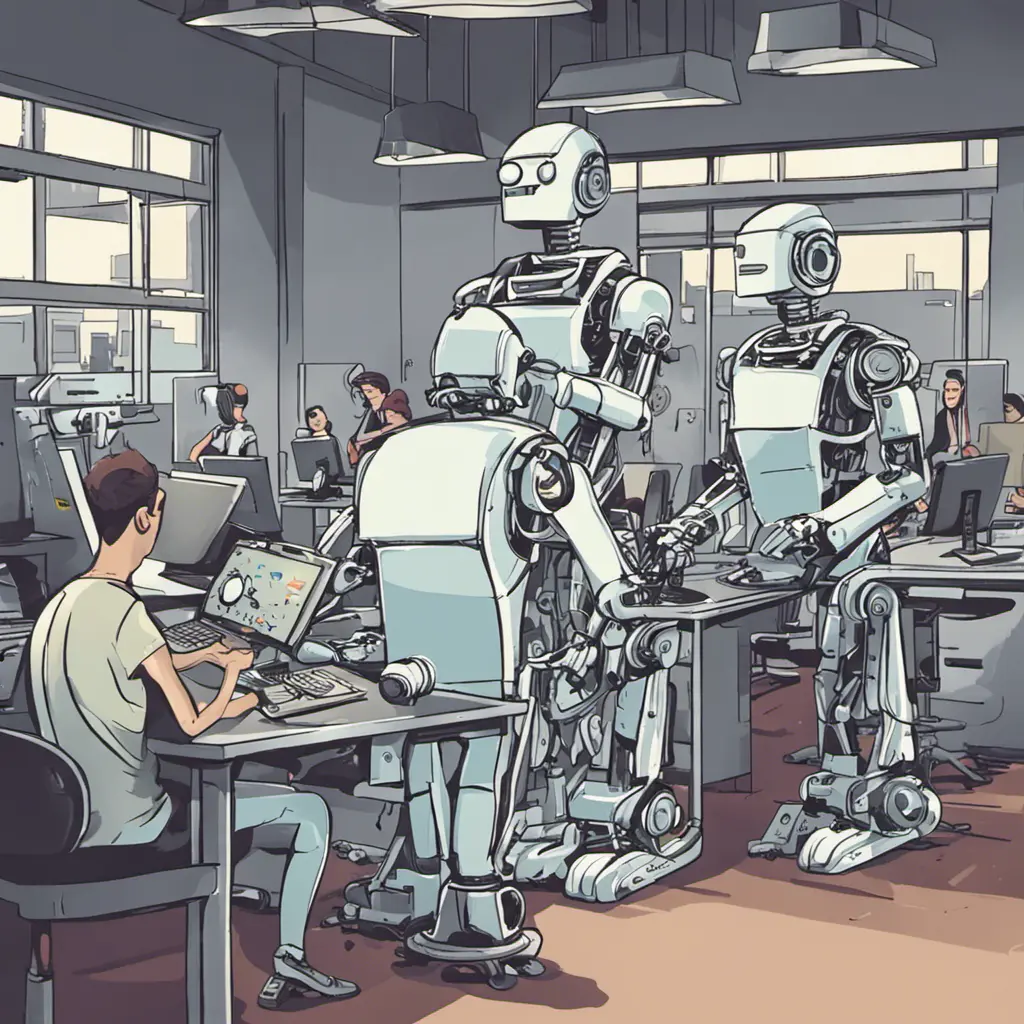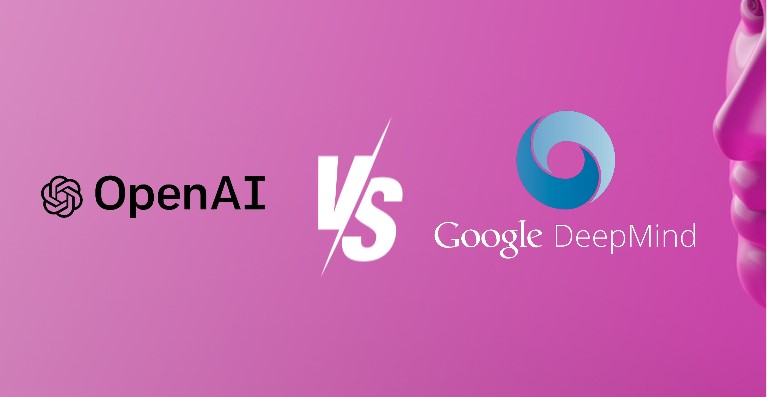What Jobs Will AI Create?

The cluttered opinions and hassle over the AI hype cycle have reshaped business operations and impacted the global workforce. As these simulations grow stronger day by day, so does the employment disruption and of course the new jobs being created.
While AI may eliminate two-thirds – or 300 million jobs –it will also generate 97 million net new jobs by 2025.
This enigmatic stage of transition from manual work to automation flow is taking its time to settle and this dual impact on the job market raises questions about which jobs will be created by AI and how the workforce will need to adapt to these changes.
AI’s Impact on the Workforce
Considering that AI can create and dissolve jobs simultaneously, you can consider it a juggling mechanic whose impact on the workforce is two-fold. Here’s how:
1. Enhanced Human Performance and Innovation
Problem-solving, creativity, empathy, and communication are top-notch skills that are always in high demand in the current times as well as the future.
AI can’t replicate these skills easily and more requirements of human creativity would play out –perhaps workers will need to adopt a lifelong learning mindset and must be willing to update their knowledge according to the latest technological revolution.
2. Accessibility and Equity for Diverse Groups
AI improves the accessibility and equity for diverse working groups to help overcome physical or cognitive barriers.
Perhaps the most important consideration is how AI would completely eradicate any sort of bias or discrimination in the recruitment process and help bridge the skill gap for workers who need to reskill or upskill.
3. Threat to Ethical Values
Privacy accountability and transparency as well as fairness, justice, and boundaries of human dignity can all be encompassed similar to how AI has been either racist or given a hard day to people claiming copyright against the AI-generated content but it doesn’t stop here.
AI has and is displacing many jobs, promoting inequality, or affecting human relationships becomin.g almost a menace to society
The biggest ethical issue very prevalent is the facial recognition algorithms that portray divergent error rates across demographic groups—especially discriminating against Black females between the age group 18-30—proved by the “Gender Shades” project in 2018 and confirmed by the National Institute of Standards and Technology (NIST).
Jobs Created by AI
1. Data Scientists
The role of data scientists evolving in tandem with the latest updates in the AI revolution is pivotal. Data scientists are even more in demand as they focus on algorithm development, refining models, and interpreting results.
You can call them the masters of the algorithm as they contextualize the data and keep the ethical considerations under noses to ensure AI systems don’t pose discriminatory traits.
Their involvement in the cleaning, enhancement, and model evaluation helps maintain the accuracy of LLM (Large Language Models).
2. Machine Learning Engineer
Machine learning engineers are the AI architects who design and build smart AI systems through predictive analysis data and perfectly synchronize the principle settings to make the systems work.
You can imagine the ML engineer as the maintenance onset of AI who works day and night to make the system better especially in the era of black box AI
This partnership enables automated decision-making possible in fields of finance and healthcare, turning raw data into useful information that can be used to make important decisions.
3. AI ethics specialist
AI ethics specialists work on the ethical aspects of AI to ensure the systems abide by the ethical morals and implementation.
It works in a way that it respects the rights and values of each individual, organization and society as a whole.
These specialists develop the ethical guides and policies of AI to conduct assessments of each deployment they make on AI systems, collaborate with cross-functional teams to integrate ethical considerations into the design and development of AI systems so as to lead discussions around data privacy, algorithmic bias, transparency etc.
4. AI Safety Researcher
AI safety researchers work in academic institutions, industry labs, non-profit organizations, or government agencies.
They exist to arrange and deploy systems which don’t pose risk and align with the general human value—being beneficial and less harmful for its user, the researchers ensure AI systems are resilient to errors, guaranteed, specific, transparent and user friendly.
The Stanford center for AI safety works in the same direction to establish confidence in AI systems and make them trustworthy.
5. AI Trainer
In the realm of burgeoning AI complexity, AI trainers emerge as the architects of machine intelligence—a master who teaches AI systems to comprehend user input and make prompt decisions.
The AI trainer works with large cluttered data to arrange it in a sensible manner and build quality datasets to learn and improve.
Chatbots, virtual agents, or self-driving cars, all large language models are tested, monitored and validated for their performance.
AI trainers are a core agent for various workplaces like banking, telecoms, public services, or education. The average salary for an AI Trainer in the United States is $76925 per year
6. AI Product Managers
In the dynamic landscape of AI innovation, AI product managers emerge as architects of technological progress. AI product managers manage and develop AI-powered products eg: AliBaba, Google, Siri, ChatGPT etc.
They craft the vision, strategy and roadmap of the product—collaborate with cross-functional teams, manage the product life cycle, evaluate the business impact and performance, and ensure the ethical, responsible, and scalable use of AI.
They can earn an average salary of $114,121 per year in the US.






